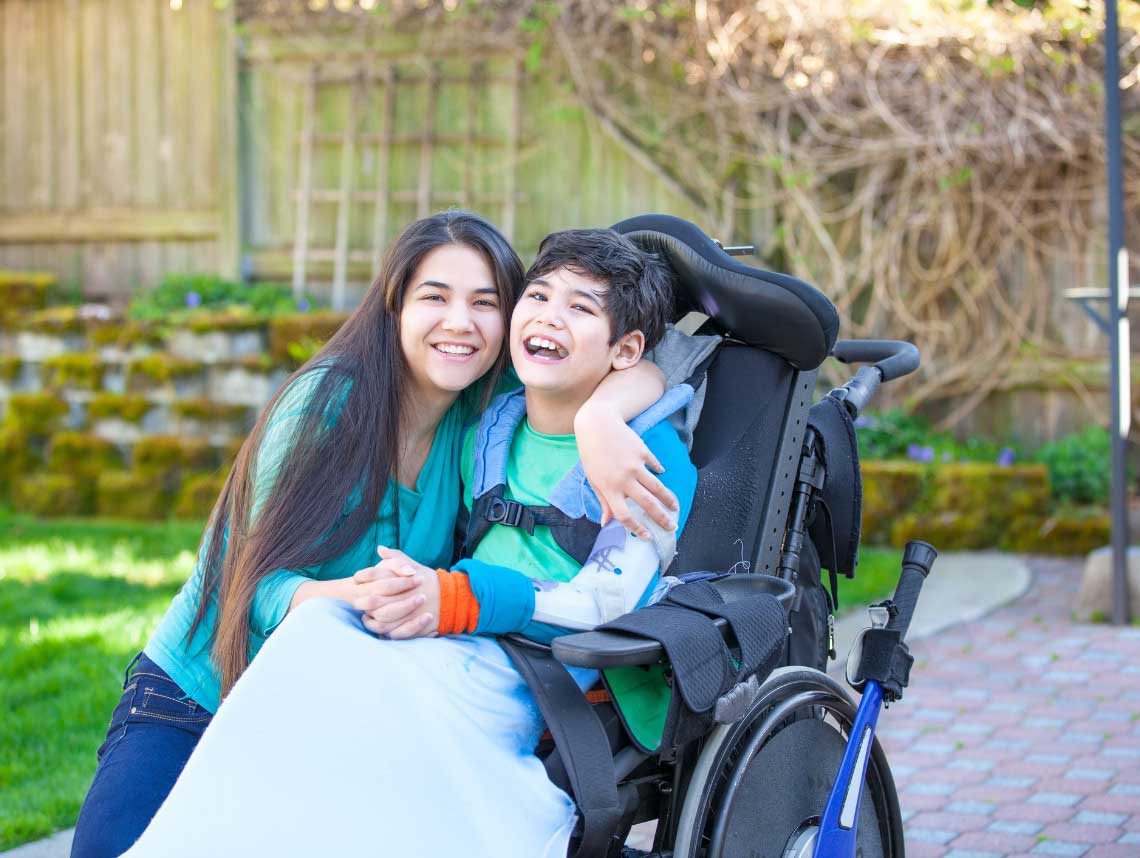Being a parent involves running around after your kids. They grow up too fast and want to touch, grab, and pull on everything. And, while it can be exasperating, it also highlights their health and their ability to move their bodies. However, when a child has quadriplegia, things completely change. All of a sudden, they need help even with their most basic needs. But, what causes it? What are the symptoms? And, what’s the best form of treatment for your child?
What is Quadriplegia?
Quadriplegia is the paralysis of a person from the neck down — affecting the trunk and all four limbs. When a person suffers from quadriplegia, it could be complete or incomplete. The former involves a full loss of sensation and an ability to move. The latter may leave the person still being able to retain some of their feeling and motor functions.
If the quadriplegia is complete, it will also affect the person’s pelvic organs. In addition to the physical effects, the person’s inability to move independently often leads to emotional and mental health issues, such as depression.
Causes of Quadriplegia
Quadriplegia is caused by injury to the spinal cord. When such injury occurs, the nerves inside the cord are no longer able to transmit messages of sensation and movement to the brain. The most common causes include:
- Trauma — such as from a fall, hard hit, violence, or car accident
- Multiple sclerosis
- Amyotrophic lateral sclerosis (ALS)
- Cerebral palsy
- Stroke
Symptoms of Quadriplegia
A spinal cord injury isn’t always instantly obvious. This poses a problem because if the injury isn’t treated promptly, it could result in additional complications — such as pulmonary embolism or deep vein thrombosis. Therefore, if you suspect a loved one may have suffered such an injury, always err on the side of caution and seek medical attention immediately.
The symptoms of quadriplegia will vary from person to person, depending on the extent of the injury — and on whether the quadriplegia is complete or incomplete. However, the most common ones include:
- Loss of bladder and/or bowel control
- Inability to sit upright or get up from a fall
- Breathing difficulties
- Muscle stiffness or limpness
- Lack of motor control
- Muscle spasms
- Difficulties maintaining balance and/or walking
- An oddly positioned neck
- Low blood pressure
Paralysis may happen immediately or develop gradually as the spinal cord becomes inflamed and bleeds. It could also occur over several days or weeks due to swelling and fluid accumulation.
Treatment for Quadriplegia
If you suspect someone may be experiencing quadriplegia, do not move them. Call 911 and keep the person still while you wait for help to arrive. You can prevent them from moving by placing pillows or heavy items on both sides of their neck. If nothing is available, hold their head in place until emergency personnel arrives.
Once a person receives medical attention, treatment options may include physical, occupational, and/or speech therapy, as well as medication to manage muscle spasms. Your child’s doctor will also explain how to use mobility devices your child will need moving forward — such as a wheelchair, leg braces, or a walker. In some instances, tendon transfer surgery may be helpful to help your child restore some of their functions.
Contact Sonas for Home Health Care in Florida
It can be hard to balance your time between work, home, and caring for a loved one. That’s why our team of skilled professionals at Sonas Home Health Care is here to help.
Our home health care services offer support in the comfort of your home. We refer loving and competent nurses to provide customized care for families — from a few hours a day to around-the-clock supervision. Contact us directly to speak with a home health care professional or request a free in-home assessment. Together we can determine the best plan of action to keep your loved ones happy and healthy.
If you or a loved one are considering pediatric home health care services in Florida, contact the caring staff at Sonas Home Health Care. Call today at (888) 592-5855.
This blog was reviewed by Jillian Miller BSN, RN — Director of Nursing for Sonas Home Health Care’s Tampa Bay market — for clinical accuracy. Jillian Miller has been a nurse for 16 years — working primarily in pediatrics. She believes the best part of working with the pediatric population is when you see smiles from clients when you first enter the room. She loves seeing the difference you can make in families’ lives while providing the best care possible for them.

